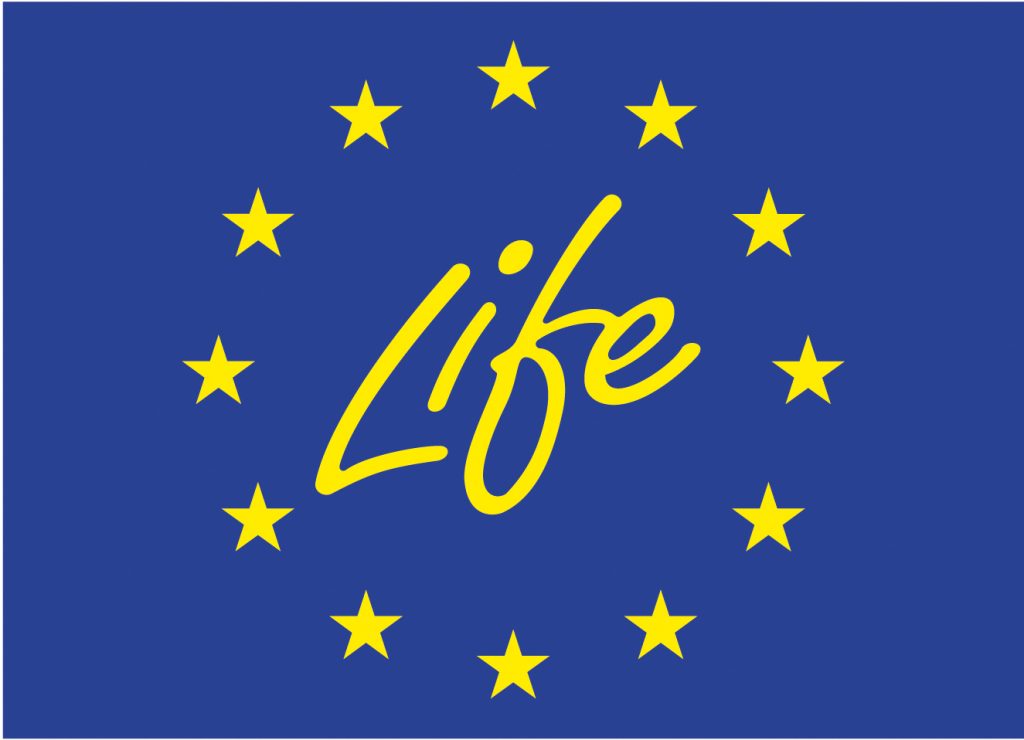The second day of online study envisaged by action C6 took place on 24 September, replacing the visits organized as part of the first and second internships in Italy (not carried out due to the COVID-19 pandemic) for the exchange of experiences between Italian and French experts.
During the meeting Cecilia Tucci and Davide Senserini presented the activities carried out within the Bieri Wildlife Center (restoration of some aviaries, restoration of local hatching, purchase of incubators) and the farming methods applied, namely: artificial incubation, the semi-natural hatching with the use of light hens and the natural hatching on the ground by pairs of Italic partridge in specially made boxes.
Furthermore, the phenotypic selection activities of the Italian partridge breeders were illustrated based on the reference models made up of historical museum samples and the description of the subspecies as carried out by Hartert in 1917.
Another topic dealt with was the experimental anti-predatory training technique implemented in the Bieri farm. Two approaches were used: one aimed at stimulating the anti-predatory response of the chicks towards the fox (using a specially stuffed fox) and the other aimed at inducing a response of sneezing in pre-acclimatization aviaries against diurnal birds of prey (using a buzzard trained by a falconer).
Afterwards, Valter Trocchi and Daniel Tramontana gave a general overview of all the preparatory activities carried out in the context of actions B1 and C3, aimed at the adaptation and reintroduction of the Italian partridges in the Mezzano site, describing the settlement structures (electrified fences, aviaries, foraging stations and environmental furniture) and the phases of realization of the same. The methodologies for releasing the specimens and the precautions put into practice to reduce mortality in the early stages following their introduction were also investigated.
The meeting, also enriched by video contributions produced by the speakers, was widely attended and appreciated by the French experts who also asked questions and reported their experiences on the subject, thus giving rise to a constructive debate for the success of the project.


